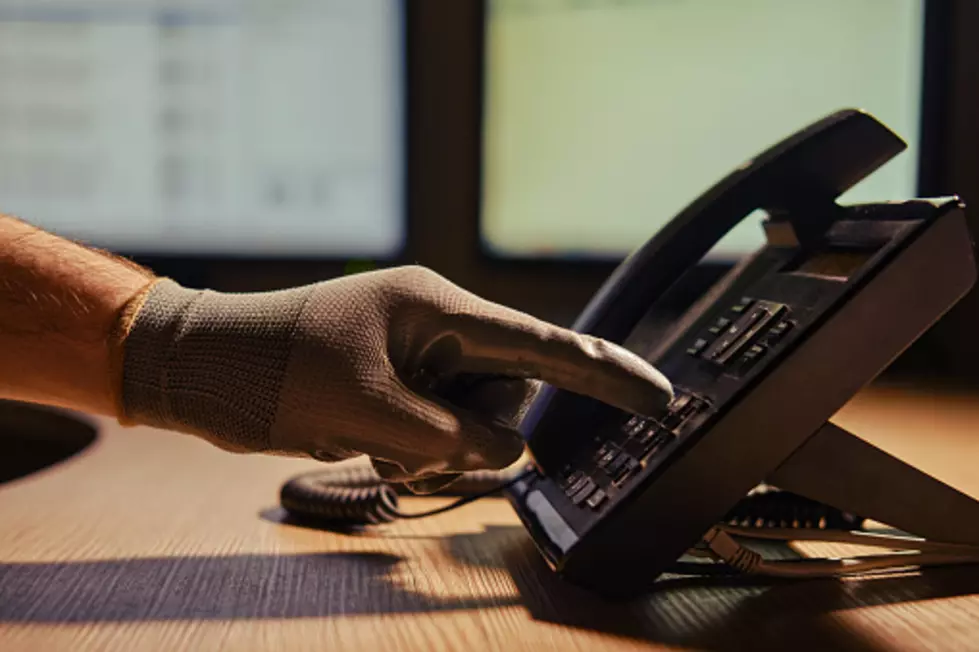
Better Business Bureau Says To Watch Out For Romance Scams
It's been quite the week for scam-related news. Earlier in the week, we told you about "Freeze Scammers," then we got more news about unemployment fraud and scams, and now we wrap up the week with news about "Romance Scams."
Friend of the WROK Morning Show, and Director of the Rockford Regional Office of the Better Business Bureau (BBB), Dennis Horton is our go-to guy when it comes to learning about what scam artists are trying to pull on us here in the Rockford area. As you might imagine, things are pretty busy in the BBB's ScamTracker unit.
As Dennis explained to me during an interview, romance scams are being assisted by our current conditions. With social media use at an all time high, seemingly hundreds of different online dating sites popping up, and COVID-19 restrictions severely limiting the opportunities for real in-person contact, scammers are using these conditions to trick people who are looking for love into emptying their bank accounts.
Dennis took a few minutes to answer some of my questions about how all this works.
Me: Dennis, we've seen some pretty big numbers lately when we talk about how much money Rockford area people have lost to scam artists through different tricks. What kind of money are we talking about being lost locally through romance scams?
BBB's Dennis Horton: In the last year, local victims to Romance Scams reported over $3,500 in losses and throughout the State of Illinois in 2020 there were over $203,000 in losses.
Me: So, we're talking about a scam that not only costs the victim financially, but there's also a huge emotional impact as well, right?
BBB's Dennis Horton: Scammers often reach out to their victims via social media or dating apps. Then they get to work building an imaginary relationship with them. The impostors share stories about themselves, often claiming they work overseas and need plane tickets home, have sick relatives or are experiencing financial troubles. This information, often accompanied by excuses for never meeting in person, is meant to convince their targets to send them money.
Me: Is there a particular age group or gender that's being targeted more than others for these romance scams?
BBB's Dennis Horton: Our data at the Better Business Bureau, the Financial Industry Regulation Authority (FINRA) and the Stanford Center for Longevity show that women ages 55 to 64 are most likely to be targeted for a romance scam.
Me: Other than the standard warnings like don't ever send money to strangers, what else can potential victims do to protect themselves?
BBB's Dennis Horton: Sure, there are things like not being too quick to believe a sad story someone may tell you, because it may not be true. Using reverse image search online is another way to check that a profile you're looking at online is a real one, not one made up with a phony profile photo. And, it never hurts to get in touch with the BBB to check out a dating site you're interested in before signing up. The big one, as you mentioned, is don't send money to strangers.
LOOK: Here are 25 ways you could start saving money today
More From WROK 1440 AM / 96.1 FM









